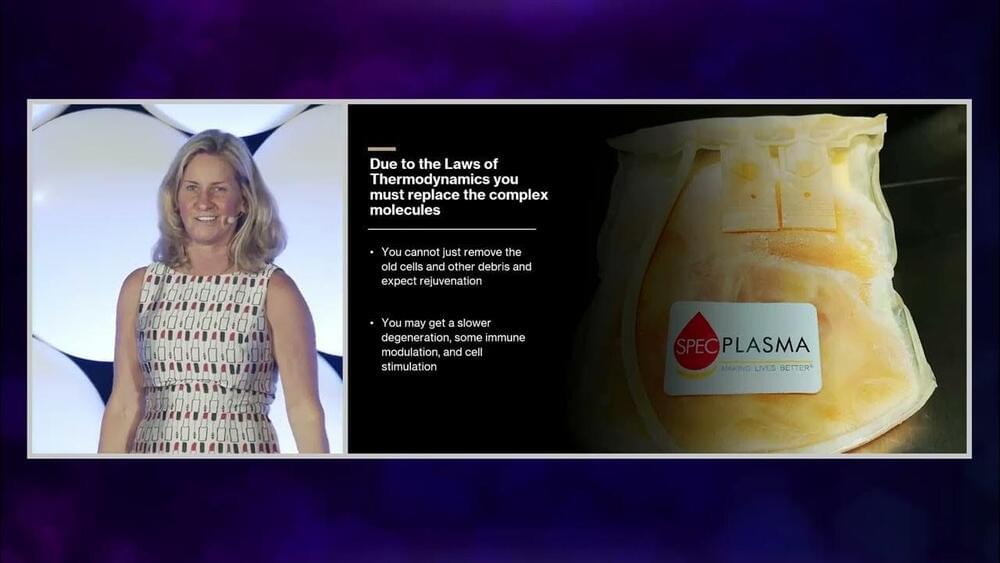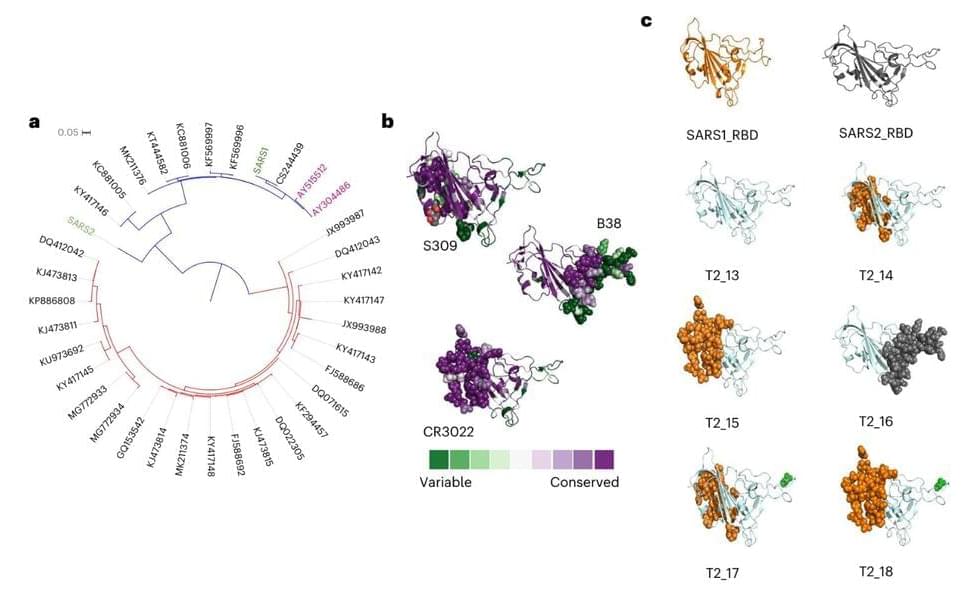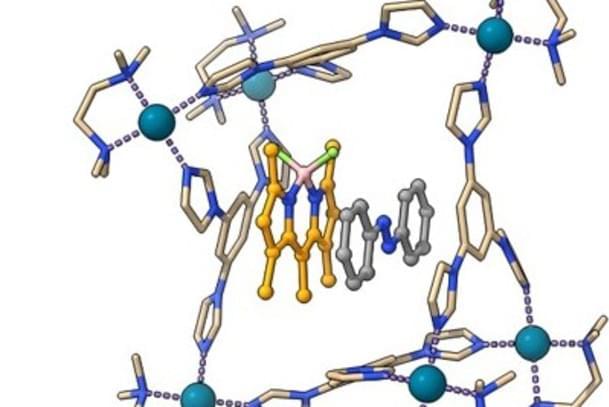Sep 25, 2023
Study: Blood Cancer Treatment Found to Kill Latent HIV-Infected Cells, Possible New Treatment
Posted by Omuterema Akhahenda in category: biotech/medical
The blood cancer treatment venetoclax (Venclexta; Roche, Genentech, AbbVie) was found to kill latent HIV-infected cells, indicating a possible new treatment for the virus, according to the results of a preclinical study by the Walter and Eliza Hall Institute and The Peter Doherty Institute for Infection and Immunity.
When HIV-infected cells are latent, the virus remains in the body and is untreatable by therapies currently on the market, which is why patients with HIV must stay on treatment to suppress the virus. Currently, antiretroviral therapies (ART) are the standard of care treatment for patients with HIV, however, they cannot target latent infection.
Although antiretroviral therapies are the standard of care treatment for those with HIV, the drugs cannot target latent infections; however, venetoclax, a blood cancer treatment, shows promise.


















